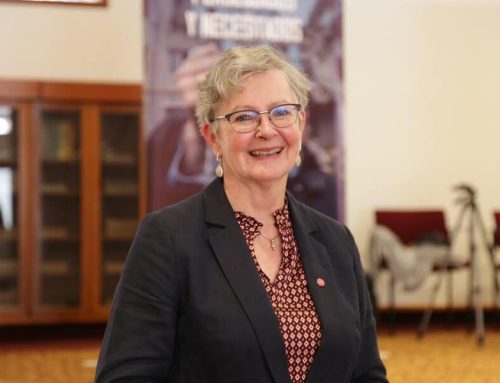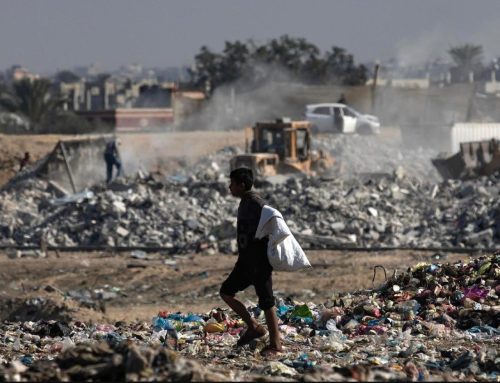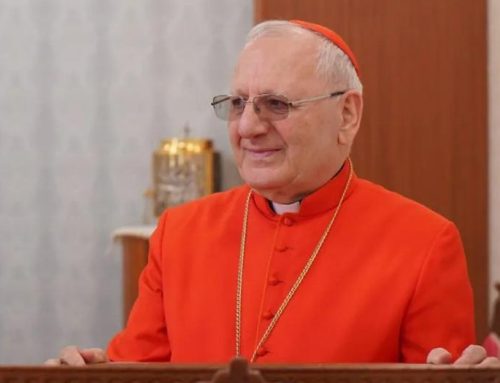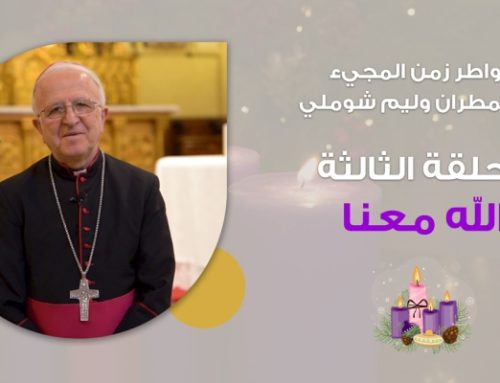With the elections of new faith-based Palestinian and Israeli governments, Christians and other Holy Land inhabitants are asking how real the prospects are for the advancement of the peace process. With the elections of new faith-based Palestinian and Israeli governments, Christians and other Holy Land inhabitants are asking how real the prospects are for the advancement of the peace process. While Israel’s new government is intent on unilateral processes to disengage and separate its population from the Palestinians, the new Palestinian government is asked to recognize Israel, to stop all forms of violence and acknowledge all relevant international agreements and accords between the Palestinians and Israel. The continued presence of Palestinian Christians in the Holy Land is witness to the new beginning in Christ started some 2,000 years ago. But it must be said at the outset that the Palestinian Territories are under Israeli military occupation. Palestinian Christians, in their homeland, are not yet in control of their identity or destiny. They have been living for decades in the shadow of a most difficult political situation of conflict with economic and social repercussions. This occupation has led to the emigration of Palestinian Christians, who today make up less than 2 percent of the Palestinian population, with 50,000 living in the West Bank and Gaza, and a similar percentage in Israel, where 120,000 Christians live. Arab Christians, while engaged in the lives of the two societies, appear to be in a bind. On the one hand, the new political reality in the Palestinian Territories has led to major funding cuts by the United States and other donor governments. In addition, Israel has stopped remitting to the Palestinian Authority the taxes and custom duties usually collected on its behalf.
Rateb Y. Rabie, HCEF President
As the economic, institutional and social repercussions of these cuts become apparent, the Christians in the Palestinian Territories will suffer similarly to other Palestinians.
What exacerbates the situation is that Israel is in the final stages of building a separation wall, and Israel’s government is undertaking measures that restrict the Palestinians’ mobility, not simply across borders but also between towns within the Palestinian Territories themselves. As Pope John Paul II said: “The wall is an obstacle on the road to peace. The Holy Land does not need walls, but bridges.”
Holy Land Christians hope and pray that the politicians in Israel and the Palestinian Territories will find the means of working together to negotiate an honorable and acceptable peace for the two peoples. Hope could be restored for a peaceful way out of this seemingly endless conflict if the new governments would accept each other’s rights, reject violence and the use of military means, and mutually respect international agreements, resolutions and accords.
There is much learning to be done about the current situation. Raising awareness of the predicament of Holy Land Christians is an area where work needs to be done in U.S. churches. Then American Christians can empower Palestinian Christians to become a bridge for peace between Palestinians and Israelis, utilizing their unique position as Christians who share with their Arab Muslim compatriots the same language, culture, traditions and aspirations, and who also share the same biblical foundations with their Jewish neighbors.
This empowerment cannot take place without spiritual, moral and financial support to Christians in the Holy Land. The involvement of American Christians in this worthy enterprise would help us to continue in our mission to replace despair with hope, fear with security and humiliation with human dignity.
—
Rateb Y. Rabie is president and co-founder of the Holy Land Christian Ecumenical Foundation based in the Washington area.
Copyright 2006 Catholic News Service Reprinted with Permission
This article was written by Rateb Y. Rabie for Viewpoints, a monthly column package by Catholic News Service which will be published in diocesan newspapers.






